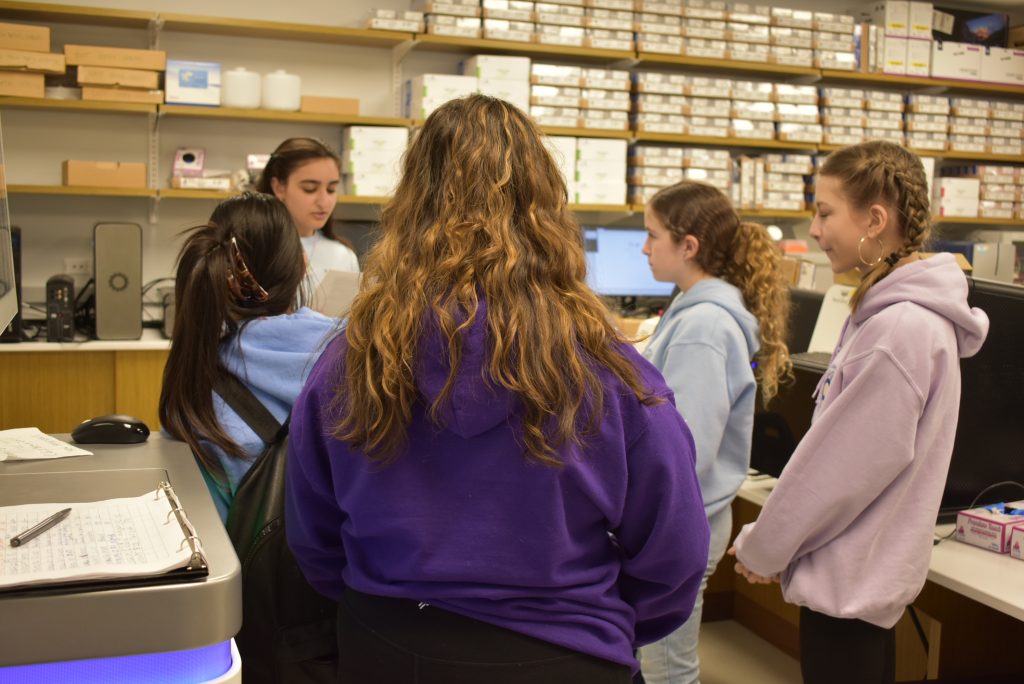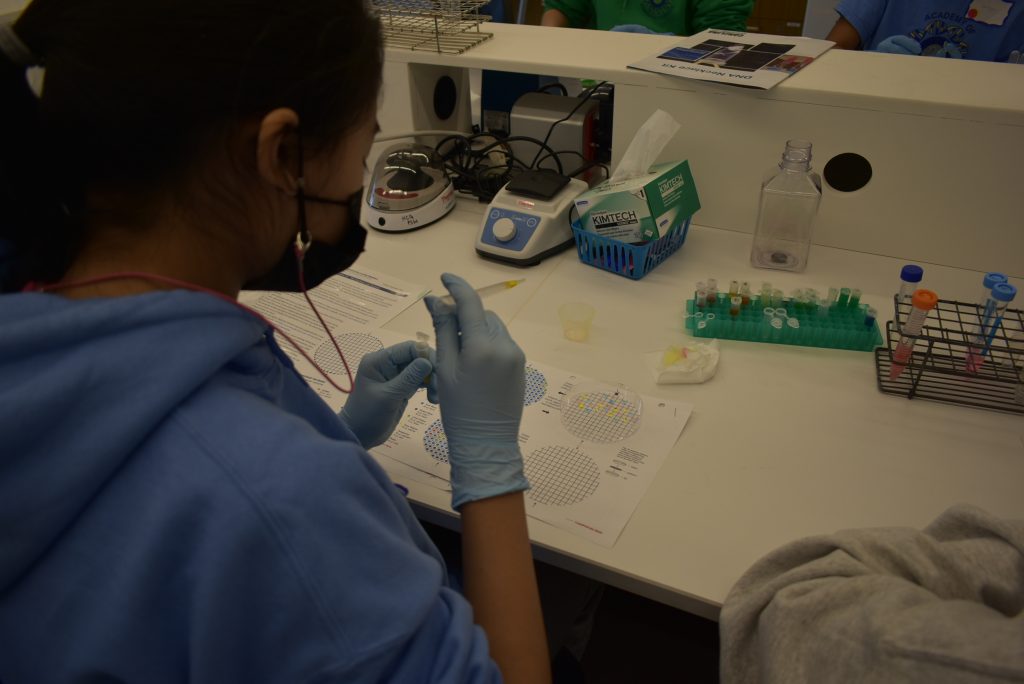Dear Members of the UConn Institute for Systems Genomics Community,
I am very pleased to announce the reappointment of Rachel O’Neill as director of the Institute for Systems Genomics for a second term of five years, effective August 23, 2022.
This renewal recognizes Dr. O’Neill’s outstanding leadership as the director of the institute since 2017. An overarching highlight during her tenure is the development of a growing critical mass in genomics, solidifying UConn as a top institution in this field. This activity cuts across a number of areas, including a research portfolio of $256 million in active grant awards in fiscal year 2022 alone; growth in the number of affiliations in terms of faculty, UConn units, and industry partners; expansion of academic programs; and increasing the user base and revenue return for core facilities. Additionally, ISG was a leading force behind UConn’s COVID surveillance program, which has been credited with supporting the University’s ability to respond proactively and quickly to potential outbreaks and minimize disruption in the academic experience.
The review process works best when it is collaborative and comprehensive. I am grateful to all of the faculty, administrators, and other key partners of the center who shared your feedback on Dr. O’Neill’s leadership. There were several common themes regarding her leadership, including her ability to build networks and facilitate collaborations, her development and promotion of a compelling vision for ISG, exceptional skill in organizational and operational management, and her effective communications across all internal and external contexts.
I also want to thank the review committee for their thoughtful oversight of this process. The committee was chaired by Steven Suib, Director of the Institute of Materials Science and Board of Trustees Distinguished Professor of Chemistry, and included the following members: Adam Adler, Director of the Biomedical Science Ph.D. Program Immunology Concentration; Judy Brown, Director of the Health Care Genetics Professional Science Master’s Degree Program; Steven Geary, Professor and Department Head of Pathobiology and Veterinary Science; Stephanie Holden, Administrative Program Coordinator of the Institute for Systems Genomics; Amy Howell, Professor of Chemistry; and Barbara Mellone, Professor of Molecular and Cell Biology. Alexis Cassan, Executive Assistant to the Provost and Chief of Staff, managed administration of the committee.
In sum, Dr. O’Neill is a focused and driven leader who is committed to positioning UConn as a top-tier institution in genomics. She has propelled ISG forward in a number of ways already in her tenure and I trust she will continue to make significant strides as her appointment continues. Please join me in congratulating Dr. O’Neill on her reappointment and thanking her for her dedication and hard work on behalf of the Institute.
Sincerely,
Anne
Anne D’Alleva
Interim Provost and Executive Vice President for Academic Affairs


